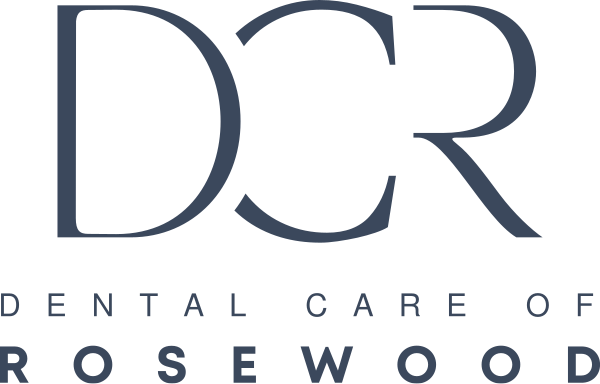Tobacco and Oral Health: Smoking’s Effect on Dental Health, Increased Risk of Oral Cancer, Quitting Smoking Resources
Tobacco use, whether it be smoking or smokeless tobacco, is a significant risk factor for oral health problems. Smoking has been found to have a direct impact on dental health, including discoloration of teeth, bad breath, gum disease, tooth loss, and oral cancer. It is crucial for smokers to understand the risks associated with tobacco use and how quitting smoking can improve their oral health.
Smoking and Dental Health
The chemicals in tobacco products can harm the gums and teeth, leading to periodontal disease, which is the most common cause of tooth loss among adults. Tobacco use can also cause tooth staining, bad breath, and an increased risk of developing cavities. Additionally, smoking reduces blood flow to the gums, which impairs the body’s ability to fight off infections.
Gum disease caused by smoking is more severe than in non-smokers and is more difficult to treat. Gum disease can also lead to other health problems, such as heart disease and diabetes.
Oral Cancer Risk
Smoking also increases the risk of developing oral cancer, which is a serious and often fatal disease. According to the American Cancer Society, tobacco use is responsible for about 90% of all oral cancers. People who smoke are six times more likely to develop oral cancer than non-smokers. Smokeless tobacco use, such as chewing tobacco or snuff, also increases the risk of oral cancer.
Symptoms of oral cancer can include mouth sores that don’t heal, persistent mouth pain, difficulty swallowing or chewing, and a lump or thickening in the cheek or tongue. It is essential for people who use tobacco products to be aware of these symptoms and to seek medical attention immediately if they experience any of them.
Quitting Smoking Resources
Quitting smoking is the best way to reduce the risk of developing oral health problems and oral cancer. However, quitting smoking can be challenging, and many smokers require support to quit successfully.
There are many resources available to help people quit smoking, including nicotine replacement therapy (NRT), prescription medications, and counseling. NRT can include nicotine gum, patches, lozenges, inhalers, and nasal sprays. These products can help reduce nicotine withdrawal symptoms and cravings, making it easier to quit smoking.
Prescription medications, such as bupropion and varenicline, can also help people quit smoking by reducing nicotine cravings and withdrawal symptoms. Counseling and support groups can also be helpful for smokers who want to quit. These resources can provide smokers with the motivation and tools they need to overcome their addiction to tobacco.
Using a Professional Dentist
While quitting smoking is essential for improving oral health, it is also crucial to visit a dentist regularly for cleanings and checkups. A dentist can identify early signs of gum disease and oral cancer and provide treatment before they become more severe. Additionally, a dentist can offer advice on quitting smoking and recommend resources to help smokers quit.
Trying to quit smoking on your own can be challenging, and many people require professional help to quit successfully. A dentist can offer support and advice on quitting smoking and recommend resources to help smokers quit. They can also provide oral health education and recommend products to help improve oral health. Learn more.
Conclusion
Tobacco use is a significant risk factor for oral health problems, including gum disease, tooth loss, and oral cancer. Quitting smoking is the best way to reduce these risks, and many resources are available to help smokers quit successfully. It is essential to visit a dentist regularly for cleanings and checkups to identify and treat oral health problems before they become more severe. With the help of a dentist and support resources, smokers can improve their oral health and overall well-being by quitting smoking. It is never too late to quit smoking, and the benefits of quitting can be seen almost immediately. Improved oral health, reduced risk of oral cancer, and overall improved health are just some of the benefits of quitting smoking. By seeking professional help from a dentist and utilizing the resources available to help smokers quit, smokers can take control of their health and make a positive change in their lives. Next article.
